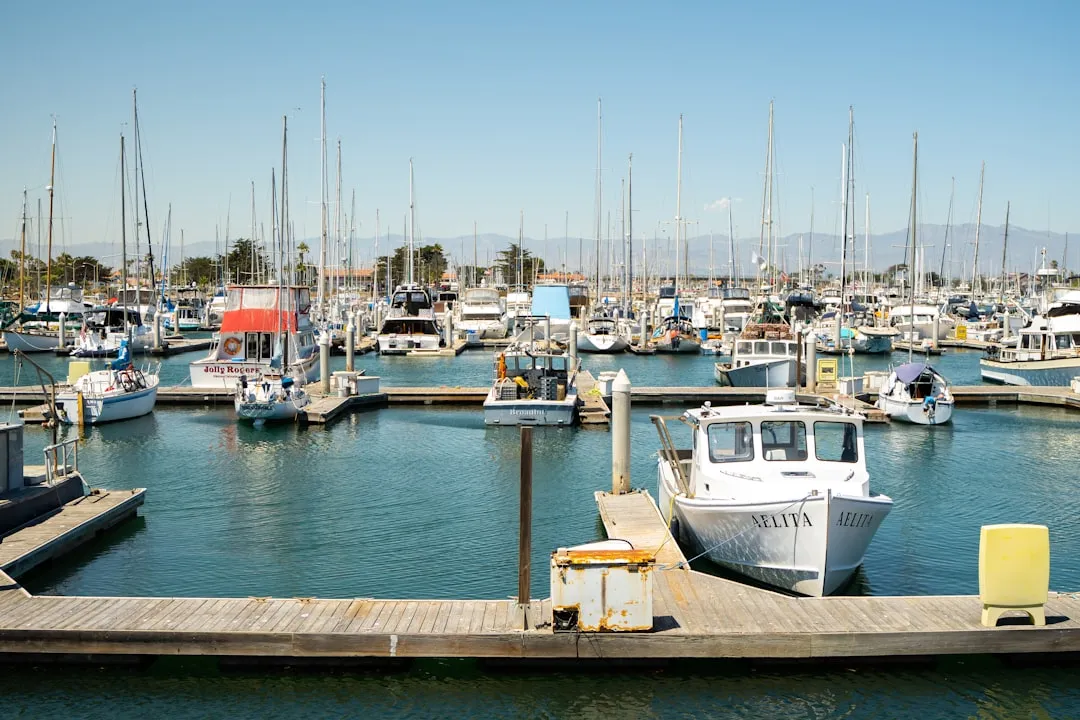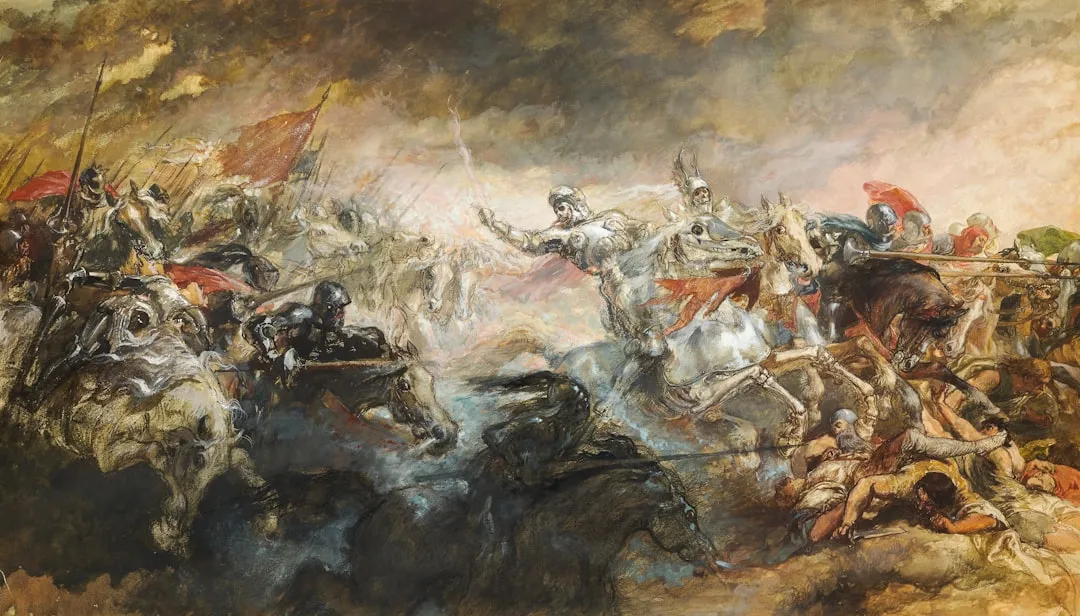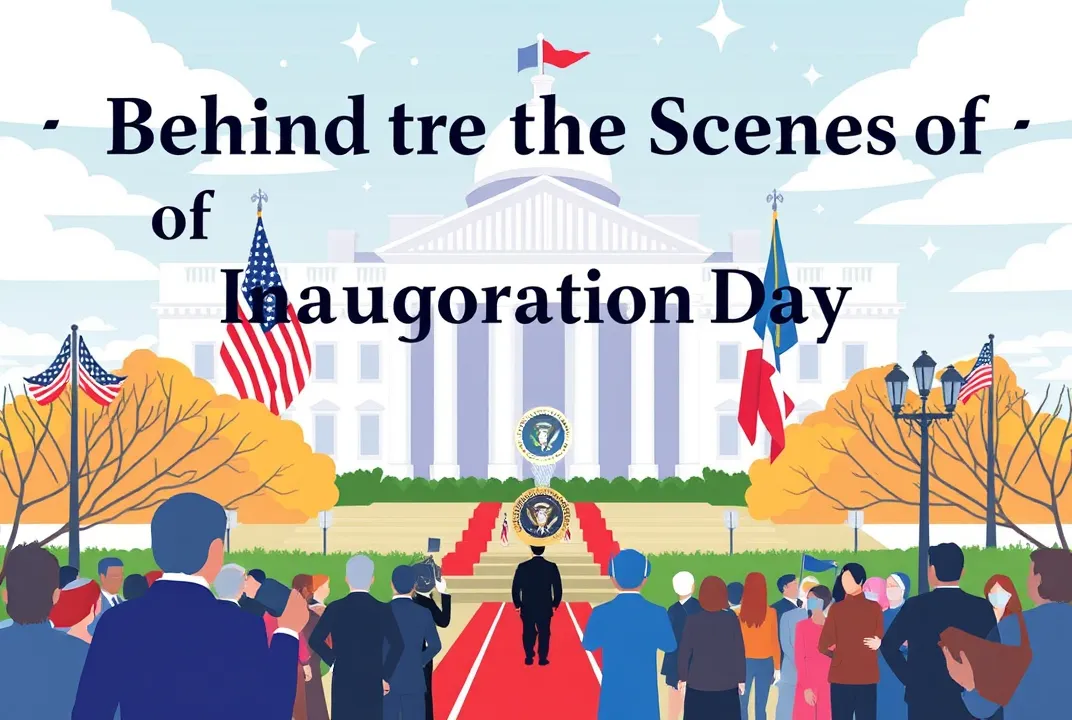Remembering Pearl Harbor Day: Honoring Sacrifice and Courage
December 7, 1941, is a date indelibly etched in the annals of American history. It stands as a solemn reminder of the sacrifices made by countless individuals during a critical moment that altered the course of the United States and the world. On this day, we commemorate the attack on Pearl Harbor—a day that not only marks the loss of life and property but also symbolizes resilience, sacrifice, and unity in the face of adversity.
The Events of December 7, 1941
On the morning of December 7, 1941, the Japanese Imperial Navy launched a surprise military strike against the United States naval base at Pearl Harbor in Hawaii. Attacked without warning, American forces were caught off guard, leading to significant damage and loss of life. Over 2,400 American servicemen and civilians were killed, and nearly 1,200 were wounded. The attack resulted in the sinking or damaging of numerous ships, including the USS Arizona, which has since become a poignant symbol of the tragedy.
As the sun set on that fateful day, the United States found itself thrust into World War II, marking a crucial turning point in the conflict as it galvanized the American public and military into action. The ramifications of this event would resonate through generations, shaping both national policy and international relations.
Honoring Sacrifice and Courage
The commemoration of this event provides a moment of reflection on the courage of the individuals who served that day. Men and women in uniform exhibited extraordinary bravery, facing overwhelming odds as they fought to defend their country. Many heroes emerged from the chaos, showcasing valor that would inspire future generations.
The story of Doris "Dorie" Miller, an African American mess attendant aboard the USS West Virginia, is a testament to such courage. Despite not being a trained gunner, he manned anti-aircraft guns during the attack, shooting down enemy planes and rescuing his fellow crew members. For his heroism, he became the first African American to receive the Navy Cross. His legacy serves as a reminder of the valor demonstrated by all who served during those tumultuous times.
In remembering Pearl Harbor, it is essential to acknowledge not only the service members but also the civilians who were affected by the attack. Families lost loved ones, and entire communities changed forever. Schools and neighborhood gatherings became spaces for mourning—and later, for resilience as families and towns rallied to support one another in the wake of loss.
Education and Remembrance
To honor those who sacrificed their lives, educational institutions and museums offer programs that provide insight into the historical significance of Pearl Harbor. The Pearl Harbor National Memorial, which includes the USS Arizona Memorial, is a site where visitors can pay their respects while learning about the events of that fateful day. Educational initiatives highlight the importance of historical remembrance, urging visitors to consider the lessons of the past while fostering an understanding of the costs of war.
As many schools integrate lessons about Pearl Harbor into their curriculum, students learn not only about the events that transpired that day but also about the broader implications of war and peace. This generational understanding fosters a sense of civic responsibility and the importance of honoring historical events as a means of promoting a more peaceful future.
Promoting Peace and Unity
The world has changed dramatically since the days of World War II, but the values of peace, unity, and remembrance remain vital. As we look back on December 7, it serves as an opportunity to reflect on the importance of solidarity in the face of conflict. The memories of those who fought and fell at Pearl Harbor remind us of the consequences of discord and the necessity of fostering relationships grounded in understanding and respect.
Today, various organizations and community events actively commemorate this day, including memorial services, discussions, and public events that aim to educate younger generations about the historical significance of the attack. By participating in communal observances, individuals from all walks of life can honor those who fought for freedom while also championing the ideals of unity and peace in the modern world.
The Role of Veterans and Survivors
Veterans and survivors of the attack often play a crucial role in the narrative of remembrance. Their firsthand accounts lend a human touch to the history, allowing current generations to connect more deeply with the sacrifices made. Many veterans have dedicated their lives to sharing stories and lessons learned from their experiences, offering insights into resilience and the importance of service.
Organizations such as the United States Navy, veteran advocacy groups, and historical societies often bring veterans into schools and community programs to offer perspectives that textbooks cannot provide. These living testimonies not only celebrate the bravery of individual service members but also remind us of the collective commitment to ensuring that such tragedies do not repeat.
A Global Perspective
Globally, nations commemorating significant historical events encompass a range of experiences. For example, countries involved in World War II, such as Japan and the United Kingdom, have their own days of remembrance that center around the impact of war and the pursuit of peace. International collaborative events often emerge from the desire to foster understanding between nations that were once adversaries, highlighting shared humanity and the hope for a more peaceful future.
Such commemorative events provide a platform for dialogue and healing, reinforcing the idea that remembering is crucial not only for honoring the fallen but for cultivating a brighter, more cooperative future.
Conclusion
The commemoration of Pearl Harbor Day encourages us to reflect on the bravery, sacrifice, and unity displayed on that fateful day. It serves as a reminder of the cost of freedom and the importance of honoring those who have dedicated their lives to the service of others. As we gather to remember, we hold firm to the ideals of peace, courage, and resilience.
By embracing the lessons of the past, we foster a future wherein we can advocate for understanding and mutual respect across cultures, ensuring a world where the sacrifices made in the name of liberty are not forgotten. Each remembrance is an invitation to recognize our shared history and a call to action for continued vigilance in the pursuit of peace.


 América vs. Cruz Azul: A Rivalry That Defines Mexican Football
América vs. Cruz Azul: A Rivalry That Defines Mexican Football
 Unveiling Jackson State: A Journey Through History and Culture
Unveiling Jackson State: A Journey Through History and Culture
 Unraveling the Army-Navy Game: A Rivalry Like No Other!
Unraveling the Army-Navy Game: A Rivalry Like No Other!
 Arsenal vs Crystal Palace: A Tactical Showdown - Who Will Prevail in This Thrilling Clash?
Arsenal vs Crystal Palace: A Tactical Showdown - Who Will Prevail in This Thrilling Clash?
 Behind the Scenes of Inauguration Day: Traditions, Transitions, and Transformations
Behind the Scenes of Inauguration Day: Traditions, Transitions, and Transformations